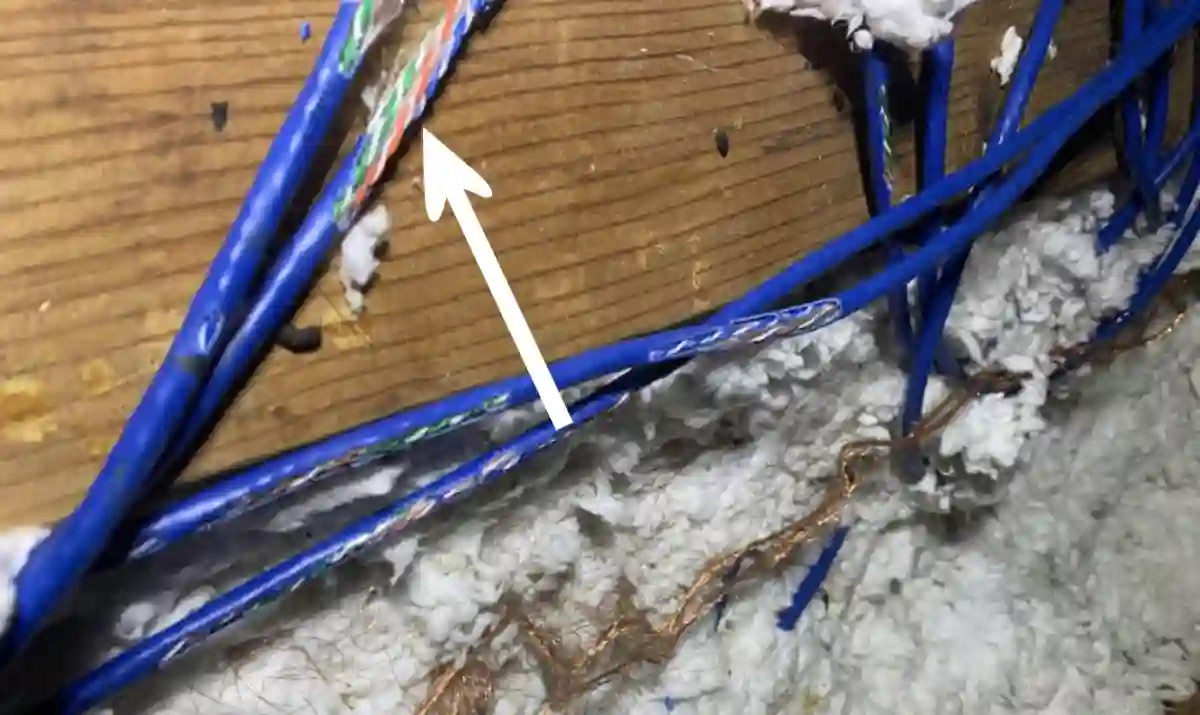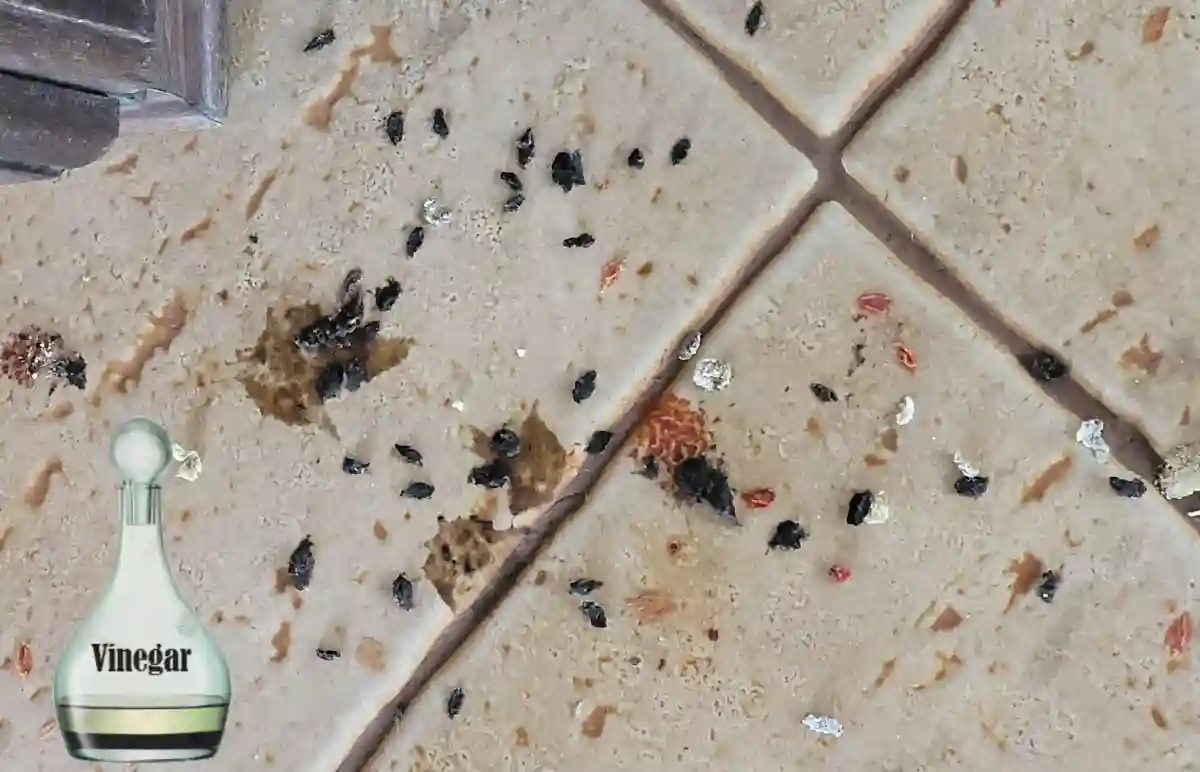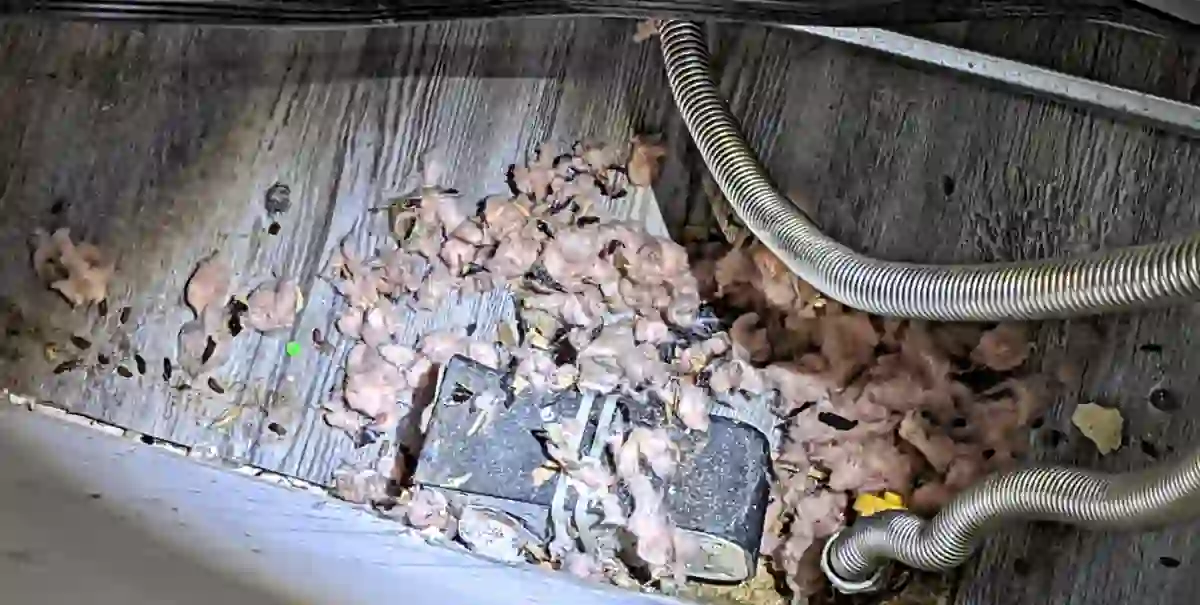Peppermint oil can serve as a scent-based repellent for mice if you have mice problems in your home. This essential oil contains a strong menthol scent that irritates mice sense of smell, causing them to avoid the treated area. And if you have a trap waiting to snap, after you make mice repellent with peppermint oil, the smell can drive the pesky creatures towards the waiting mousetrap.
Stick to this guide to learn the proper way to create an effective mouse repellent using just peppermint essential oil.
How to make mice repellent with peppermint oil

Mice generally have poor vision but are highly sensitive to smells, making them easily overwhelmed by strong essential oils such as peppermint. Moreover, the oil scent will help to conceal other odors such as food scents that may attract mice into your home. Below are the steps to make mice repellent with peppermint oil:
1. Soak peppermint oil in cotton wool
Make mice repellent with peppermint oil simply by soaking cotton wool balls into the oil and placing them around your home. Focus on the areas you observe high mice activity. This approach is effective in preventing infestations as it creates pockets of overpowering scents that mice dislike.
Here are the steps to soak peppermint oil in cotton wool:
- Choose a high-quality peppermint oil. Make sure the oil is pure and not diluted with other ingredients.
- Select a small piece of cotton wool or a cotton ball that is large enough to absorb the oil.
- Place the cotton wool on a clean surface or in a small container that can hold the oil and the cotton wool. A small dish or jar can work well.
- Apply a few drops of peppermint oil onto the cotton wool. Start with a small amount and add more if necessary.
- Use a toothpick or a small stirring tool to spread the oil evenly on the cotton wool. Make sure the oil is well-distributed throughout the cotton wool.
- Place it in the desired location and enjoy the benefits of peppermint oil.
The higher the number of cotton wool balls you make and place around, the lower the risk of re-entry by mice into your home.
2. Create a spray with peppermint oil
Alternatively, you can make mice repellent with peppermint oil by mixing 2 teaspoons of concentrated peppermint oil with 1 cup of water.
Here are the steps to create a spray with peppermint oil:
Materials:
Peppermint oil, water, and spray bottle.
Now, do the following:
- Fill the spray bottle with water. Leave a little space at the top for the peppermint oil.
- Add 10-15 drops of peppermint oil to the spray bottle.
- Close the spray bottle tightly and shake it well to mix the oil and water.
- Spray the mixture in areas where you want to repel insects or freshen up the air.
Make sure to shake the solution thoroughly before applying it to areas with the mice problem. Reapply this spray solution every 2 weeks to ensure the mice stay away permanently.
3. Fill a diffuser with peppermint
You could create mice repellent with peppermint oil and pour it into a diffuser for a long-term mice-deterring solution. Even after you resolve any infestation, it still helps to have a diffuser around in your home to reduce the risk of future re-entry.
Here are the steps to fill a diffuser with peppermint:
- Fill your diffuser with water. Be sure not to overfill the diffuser.
- Add 5-10 drops of peppermint essential oil to the water in the diffuser. You may need to adjust the amount of oil based on the size of your diffuser and the level of mice infestation.
- Turn on the diffuser.
- If your diffuser has settings, you can adjust them to control the strength and duration of the scent.
The added benefit of peppermint oil as a mice repellent is that it not only repels mice but also other household pests, including ants, fruit flies, and cockroaches. This diffuser not only helps get rid of pests but also adds a clean and refreshing scent to your kitchen and other living spaces.
According to the Health blog, if you have any pets at home, check with the vet to determine if it’s safe. If you are pregnant, breastfeeding, have young children or have allergies, you should check in with a healthcare provider.
How does peppermint repel mice?
Peppermint oil functions as a natural deterrent for rodents, thanks to its strong and recognizable minty scent. This scent can be bothersome to a rodent’s sense of smell.
There are three methods by which peppermint oil can help control the rodent population in your home:
1. Leads existing mice to your mouse traps
For optimal results, after you make mice repellent with peppermint oil, place or spray it in a location that is distant from mouse traps.
Mice often follow walls and corners in search of food, and if they come across a strong scent along their usual path, they may steer clear of that route and eventually find their way to the mouse traps.
2. Masks the bait smell in the trap
The use of pungent cheese as bait in mouse traps can sometimes alert mice and rats from a distance, causing them to steer clear of the trap.
Additionally, their own scent on the surface of the trap, due to handling without gloves, can also repel them. However, applying peppermint oil in the vicinity of the mousetrap can mask other scents and prevent the rodents from detecting any potential dangers.
3. Prevent potential mice return
Once all mice have been caught or expelled, peppermint oil can become a preventive measure to stop them from re-entering your property.
Place peppermint oil near potential entry points, both inside and outside of the home, to effectively deter them from coming back.
Why do mice hate peppermint oil?
Mice have poor vision and rely heavily on their sense of smell and hearing to survive. Despite only being able to see objects up to 2 feet away, they can pick up ultrasonic sounds with their ears and use their sense of smell to search for food and navigate their way into homes.
This is why natural scent repellents such as peppermint oil are believed to be effective in keeping mice away.
The strong peppermint scent irritates a mouse’s nasal cavities, causing it to flee in the opposite direction.
The potent menthol essence in peppermint oil also can conceal the scent of nearby food sources, such as snacks and kibble, and encourage rodents to search for alternative food options.
How long will peppermint oil keep mice away?
The amount of time it takes to deter mice with peppermint oil varies based on the severity of the infestation and the number of entry points into your home. However, you should typically see a decrease in mice activity within a few days to a week.
Other natural methods for repelling mice
For households with pets or children, it’s often recommended to use non-toxic methods of controlling rodents. Here are some other natural methods you can use to repel mice from your home:
1. Eucalyptus oil
Pure eucalyptus oil is an effective solution for deterring mice and other pests such as mosquitoes, ticks, and bed bugs. Its potent scent makes it a popular natural repellent spray, used to protect surfaces from rodent activity.
2. Cinnamon oil
Cinnamon has a strong fragrance that many rodents find unpleasant. To make it deter mice, use pure cinnamon oil to make a repellent spray or place cotton balls infused with cinnamon essence around your home, or create cinnamon sachets to store in closets and cupboards.
3. Cayenne pepper
The spicy powder of cayenne peppers is an effective repellent that can irritate the senses of rodents. You can make your own repellent spray or sprinkle cayenne pepper along known rodent trails to keep them away.
4. Diatomaceous earth
Diatomaceous earth is an organic solution that can be used to attract rodents to bait stations. It can also be mixed with essential oils to create a potent scent that will repel mice.
5. Steel wool
To prevent rats and mice from entering your home, it is important to seal small holes and crevices they can use to get in. By filling these entry points with steel wool, you can prevent them from gnawing their way inside.
When to call a professional rodent control
In some cases, natural repellents may not be sufficient to address a severe rodent infestation. If you experience property damage, chewing marks on walls, a strong odor, and scattered nesting materials in your home, it may be time to seek the assistance of a professional pest control company.
Pest control experts are equipped to thoroughly assess the extent of the rodent damage.
They have the necessary tools to inspect your home and locate where the mice and rats are hiding. After the evaluation, they can suggest mouse trapping or removal methods to capture existing rodents, dispose of dead mice, and implement measures to prevent future infestations.
Conclusion
Peppermint oil may be a useful tool for repelling mice, helping to prevent a severe infestation in your home. However, you should consider enlisting the services of your local pest control if you observe high infestation.






